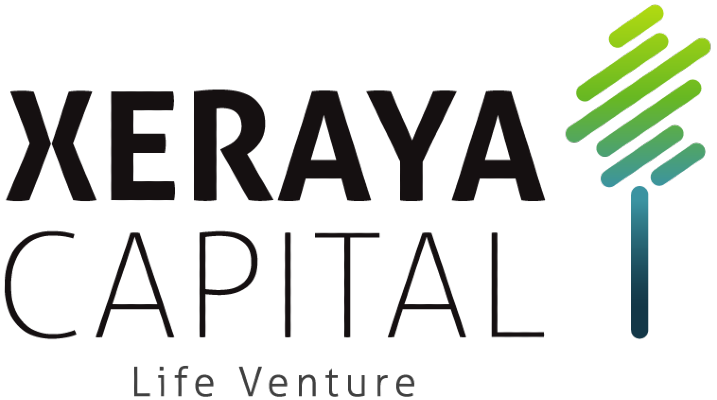Malaysia’s total committed funds for private equity and venture capital rose 26.75 percent to MYR14.83 billion ($3.52 billion) in 2021 from MYR11.7 billion ($2.78 billion) in 2020, Securities Commission Malaysia’s (SC) 2021 annual report revealed on Monday.
Total committed funds under management for private equity increased to MYR9.65 billion ($2.29 billion) from MYR7.39 billion ($1.76 billion) in 2020, while funding for venture capital grew to MYR5.18 billion ($1.23 billion) in 2021 from MYR4.31 billion ($1.02 billion) in 2020.
For private equity, commitments are sourced largely from corporate investors (28.56 percent), individuals and family offices (19.12 percent), and financial institutions (11.89 percent).
As for venture capital, government agencies and investment companies (45.01 percent), sovereign wealth funds (27.90 percent) and corporate investors (19.73 percent) make up the top three sources of funding.
The top three registered corporations by amount of investor commitments as at end 2021 were Creador, Xeraya Capital, and Malaysia Venture Capital Management Berhad (MAVCAP).
Venture capital investments in 2021 concentrated on early stage (51.26 percent), followed by seed (20.46 percent) and growth (17.88 percent) opportunities.
Private equity investments were primarily channeled into growth plays (87.14 percent), with some investments made to early stage opportunities (12.03 percent).
In total, 36 venture capital and 29 private equity deals were recorded in 2021.
In terms of target industries, medical and biotechnology (63.56 percent) saw the highest share of venture capital investment in 2021, followed by information and communication (25.88 percent), and financial services (4.26 percent).
As for private equity, investments were largely channeled to wholesale and retail trade (34.97 percent) in 2021, followed by accommodation and food services (32.24 percent), and financial services (8.15 percent).
Divestments in 2021 were mainly exits in the growth stage. Trade sales were a common exit route for venture capitals while secondary sales to investors or other managers were major liquidity routes for private equity.
Meanwhile, the total number of registered corporations stood at 124 as at December 31 2021.
The venture capital segment accounted for 105 registered corporations (venture capital management corporation [VCMC] and venture capital corporation [VCC]), while the private equity segment consisted of 19 registered corporations (private equity management corporation [PEMC] and private equity corporation [PEC]).
As at end 2021, the number of professionals employed by the industry with at least four years experience stood at 344.
Total fund raised via ECF increases to $52.64M
In 2021, the total funds raised via equity crowdfunding (ECF) in Malaysia increased to MYR221.63 million ($52.64 million) from MYR127.73 million ($30.34 million) in 2020.
Since its inception, the total funds raised via ECF in the country stood at MYR420.86 million ($99.95 million).
104 issuers have successfully fundraised via 104 campaigns in 2021. The total number of issuers increased by 33 percent in 2021 from 2020.
53 percent of issuers in 2021 were technology-focused companies.
The majority of issuers in 2021 have established their businesses for five years or less, with more issuers in 2021 having business operations of less than two years compared to 2020.
Campaign sizes in 2021 continued to be of larger fundraising amounts, with 86 percent of the campaigns raising beyond the MYR500,000 ($118,750) mark.
The highest amount of funds raised in 2021 by a single campaign stood at MYR18.89 million ($4.49 million).
The “Professional, Scientific, and Technical Activities” sector received the most funds in 2021 with MYR60.25 million ($14.31 million).
54 percent of campaigns in 2021 fundraised for Series A.
The main purpose for fundraising in 2021 was for business expansion.
Since ECF was first introduced, the total number of participating investors surpassed the 11,000 mark.
For a year-on-year comparison, investor participation increased from more than 3,000 in 2020 to more than 5,000 in 2021.
Total funds raised via P2P financing climbs to $270M
Meanwhile, the total funds raised via peer to peer (P2P) financing in Malaysia reached MYR1.14 billion ($270 million) in 2021, more than twice the amount of funds raised in 2020.
Since its inception, the total funds raised via P2P financing in the country stood at MYR2.29 billion ($540,000).
A total of 1,988 issuers fundraised in 2021 – an increase by 49 percent from 2020. The fundraising was successfully carried out via 14,301 campaigns.
Technology-focused issuers decreased to 11 percent in 2021 from 36 percent in 2020.
Half of total issuers in 2021 have been in operation for less than 5 years.
Campaign sizes in 2021 continued to be of smaller fundraising amounts, with 70 percent of campaigns raising MYR50,000 ($11,875) and below.
The “Wholesale and Retail Trade; Repair of Motor Vehicles and Motorcycles” sector remained the largest sector served in 2021 with MYR514.41 million ($122.17 million).
A total of 54 percent of investment notes in 2021 were issued for invoice, business, and micro financing. Other types of financing included distinct product offerings from various recognised market operators (RMOs).
The majority of the campaigns continued to trend towards shorter-term financing in 2021, with tenures of three months or less.
The purpose of fundraising in 2021 continued to be predominantly for working capital.
Since P2P financing was first introduced, the total number of participating investors surpassed 28,000.
For a year-on-year comparison, investor participation decreased from more than 16,000 in 2020 to more than 15,000 in 2021.
Digital asset trading value stands at $4.98B
Despite market uncertainties following the pandemic, Malaysia’s domestic digital asset market had continued to grow, with approximately MYR21 billion ($4.98 billion) in digital assets traded across all registered digital asset exchanges (DAXs) in 2021.
The digital asset market continued to garner investors’ interest as the total number of investment accounts grew by close to 300 percent to approximately 760,000 in 2021, compared with more than 190,000 in 2020.
Investors aged below 35 years comprised the largest segment at 62 percent, holding more than 470,000 accounts as at end 2021.
The SC said it continued to facilitate the introduction of new digital assets to be traded on DAX, with the approval of Bitcoin Cash (BCH) in March 2021 as an additional permissible digital asset.
The other digital assets permitted to be traded on DAX include Bitcoin, Ripple, Ethereum, and LiteCoin.
Since introducing the DAX framework in 2019, the SC had registered four DAXs, namely Luno Malaysia Sdn Bhd, SINEGY Technologies (M) Sdn Bhd, Tokenize Technology (M) Sdn Bhd, and MX Global Sdn Bhd.
Original story here.




